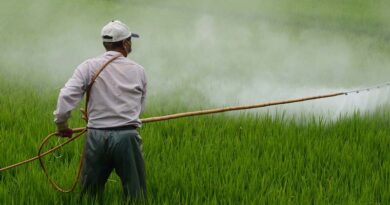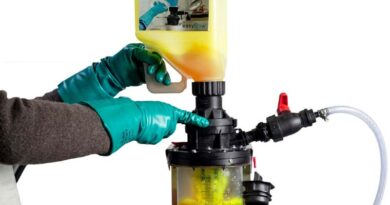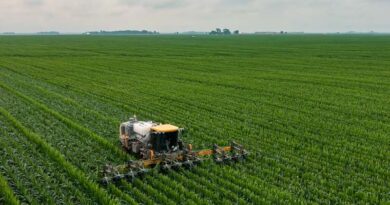Syngenta statement in response to claims on BBC Countryfile regarding paraquat and Parkinson’s Disease
04 April 2022, UK: Syngenta strongly refutes claims made during the BBC Countryfile programme broadcast on April 3rd that exposure to the active ingredient paraquat is linked to the development of Parkinson’s Disease.
Whilst sympathising with individuals who have developed Parkinson’s Disease we point to independently peer reviewed scientific research that support the position that there is no causal link between exposure to paraquat and Parkinson’s Disease. The largest, longest-term epidemiological study of agricultural workers and Parkinson’s disease in the US, the Agricultural Health Study (AHS) was conducted two years ago and found no association between exposure to paraquat and Parkinson’s disease (Shrestha, 2020).
In addition to independent peer reviewed studies, Syngenta itself has undertaken long term monitoring of individuals involved in the manufacture of paraquat at our former Widnes production facility in the United Kingdom, the published results of which also confirm there is no greater incidence over time of the development of Parkinson’s Disease than the normal distribution in the population. The claims made in the programme mirror similar claims being directed by plaintiffs lawyers in the United States that form the basis of litigation that Syngenta is vigorously defending.
In regard to the specific claims made by Professor Jon Heylings during the programme regarding Syngenta’s commitment to product safety: we have in good faith engaged extensively with Professor Heylings over the course of three years, and our scientists have invested hundreds of hours examining his concerns, corresponding and discussing them with him.
Professor Heylings has brought his point of view to regulators and agencies like the US Environmental Protection Agency and the FAO/ WHO, who have not changed any of their recommendations regarding paraquat after being contacted by him. At no time during his 30-year span of employment and contracting tenure with Syngenta did Professor Heylings raise these issues with the EPA or any other regulatory body. It was only after the termination of the contract his company had with Syngenta that he began his collaboration with a US plaintiff’s lawyer and various media organizations.
Syngenta places safety as its highest priority and would not prioritize anything else, including profit ahead of safety.
Paraquat continues to be an important tool in many major agricultural contexts, safeguarding production whilst having an excellent environmental profile to be used at scale. Over decades in use, paraquat has ensured viable agricultural production in many countries. Syngenta remains committed to supporting growers who require access to this active ingredient and whilst there are now around three hundred generic providers of paraquat formulations we believe that the quality of our formulations, commitment to stewardship and safe use of paraquat products, and in field technical support ensures that we provide the best choice for many farmers.
Our manufacturing operations in Huddersfield, Yorkshire, UK, continue to be of key strategic importance to Syngenta, manufacturing several major agrichemical products that support global agricultural production. Whilst Syngenta continues to broaden its portfolio of products, invest into new seeds traits research, and develop and adopt a range of new innovative approaches, we also believe that a wide range of advanced agrochemicals and formulations relevant for all growing contexts and climates will continue to be essential if farmers worldwide are to deliver food security whilst also meeting critical environmental protection goals.
We note that a number of high-profile NGOs believe that farmers will not require these advanced tools to succeed in the task ahead and, with respect, believe that they are wrong based on scientific and technical evidence.















